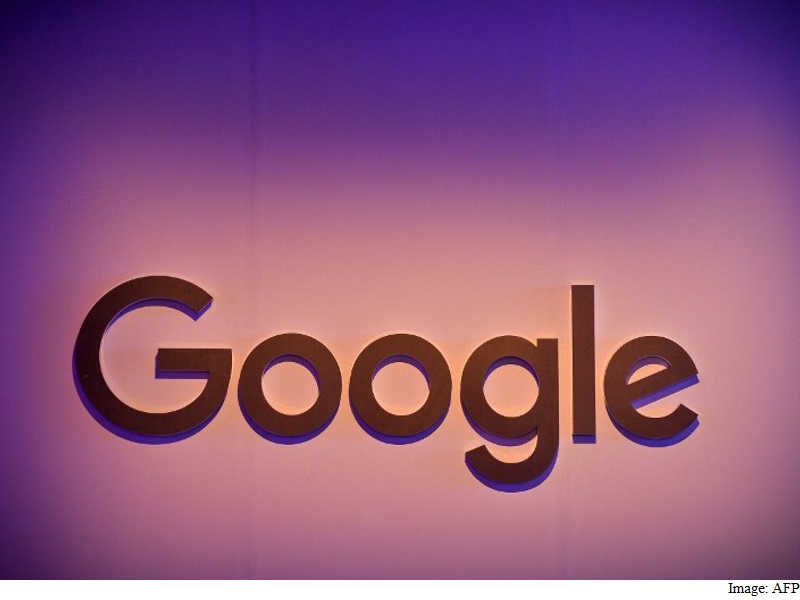Google's 'Chief Evangelist' Gives Unusual Talk to Cubans
Advertisement

A legendary computer scientist known as Google's chief Internet evangelist has delivered an unusual talk to Cuban officials in a sign of warming relations between the US technology giant and the Cuban government days before President Barack Obama visits the island.
Google Vice President Vint Cerf spoke for more than an hour to an audience of Communications Ministry officials and recent computer science graduates on Wednesday at the 2016 International Computer Science Fair, a government-run symposium on information technology and communications.
Cerf reviewed the history of the Internet, which he is credited with helping invent, and described Google's projects to spread Internet access to developing countries. Google has expressed intense interest in bringing more Internet access to Cuba, one of the world's least-connected nations.
Cerf's talk didn't directly address Cuba's lack of connectivity or Google's hopes of helping fix it, but he lauded Cubans' ability to resolve practical problems like keeping old cars running, and emphasized the importance of government not blocking innovation. Cuba blames its lack of connectivity on limited economic resource. Independent experts say the country's view of the Internet as a national security threat and its desire to control citizens' ability to access and share information in real time is also a major culprit.
Cerf told the audience that drivers of the first automobiles were forced to drive at a crawl behind policemen on foot who warned pedestrians of the potential danger.
Advertisement
"We don't want that" occurring when governments regulate new technologies, he said. "What we want is to encourage new ideas."
While Cerf was accompanied by a Google attorney, a spokeswoman for the company said that Cerf was participating as a member of the US National Science Board and the company itself had no comment on his visit.
Advertisement
Frank Tarrau, a recent graduate of Cuba's elite Jose Antonio Echeverria Superior Polytechnic Institute, said he saw Cerf's visit as a good omen for Cuba's future ability to increase connectivity in cooperation with US companies such as Google.
"I hope that's the case," he said. "The people of Cuba and the people of the United States are calling for it, collaboration between the two peoples apart from politics. Information technology is essential, perhaps the most important, for human development these days."
Advertisement
White House officials said Tuesday that Obama's March 21-22 visit could be accompanied by announcement of new cooperation between Cuba and US technology companies. Cerf declined to comment on whether Google could be involved.
Cuban officials, some of whom remain deeply uneasy about close interaction with the United States, declined to make any comment at the fair, and called a security guard to eject Associated Press journalists from the area after Cerf's talk.
For the latest tech news and reviews, follow Gadgets 360 on X, Facebook, WhatsApp, Threads and Google News. For the latest videos on gadgets and tech, subscribe to our YouTube channel. If you want to know everything about top influencers, follow our in-house Who'sThat360 on Instagram and YouTube.
Advertisement
